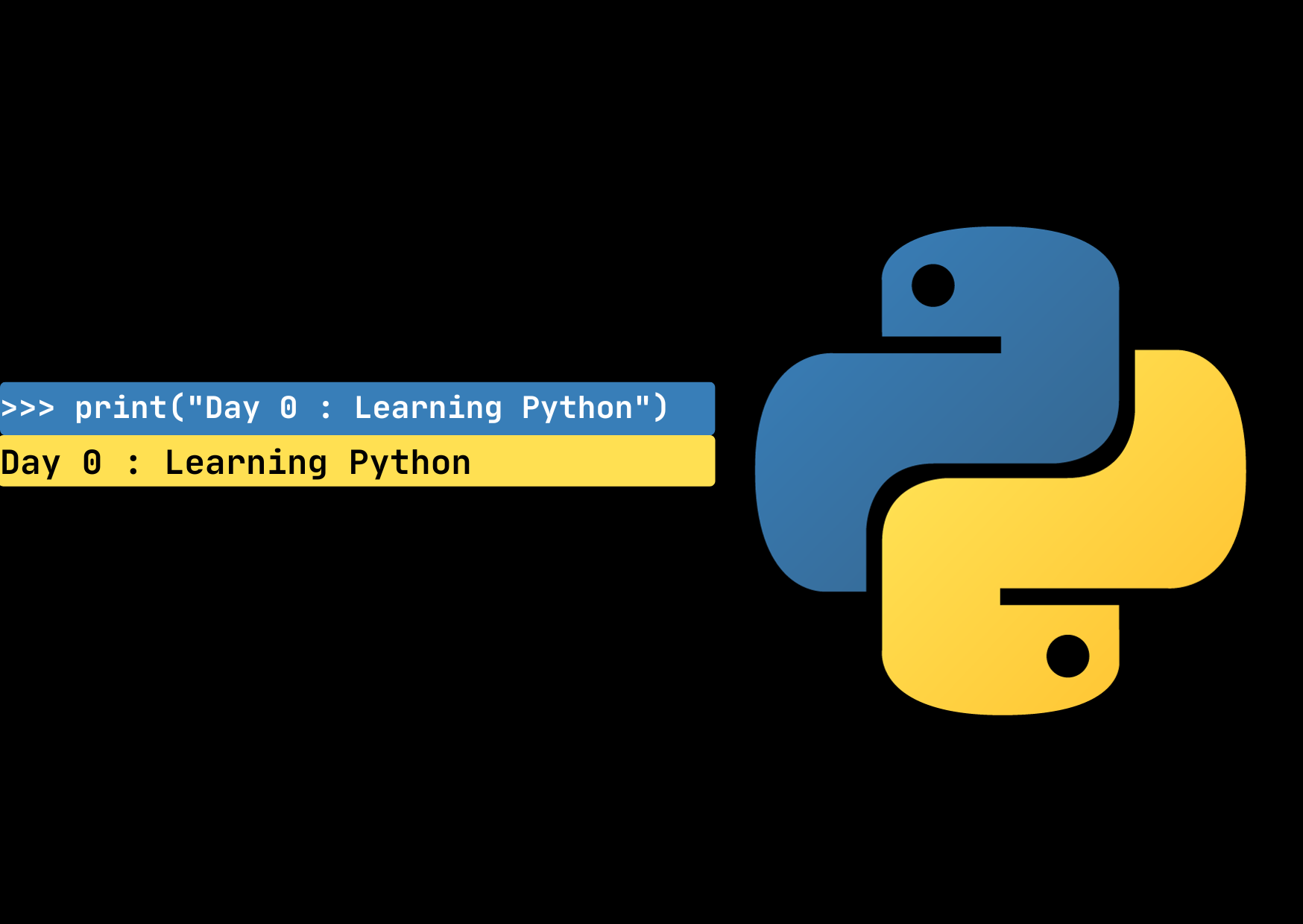Python in Data Engineering: A Beginner's Journey
 Himanshu Rathi
Himanshu Rathi
Why Python?
Python is a popular programming language known for its simplicity, readability, and versatility. Here are some key notes on why Python is widely used and appreciated:
Readability: Its clean and simple syntax makes code easy to read and write.
Extensive Libraries: A rich set of libraries and frameworks for various tasks.
Community Support: Large and active community for help and collaboration.
Cross-Platform Compatibility: Code can run on different operating systems without modification.
Versatility: Suitable for a wide range of applications, from web development to AI. Dynamic and Interpreted: Dynamically typed language with interpreted execution for rapid development.
Ease of Learning: Simple syntax makes it beginner-friendly. Integration Support: Easily integrates with other languages and systems.
Industry Adoption: Widely used across diverse industries and domains.
How Python Sparks in Data Engineering ⚡
Data engineering involves the design, development, and maintenance of data architecture, infrastructure, and tools for collecting, storing, and analyzing data.
Python is a popular choice for data engineering tasks due to its versatility, extensive libraries, and ease of use. Here are some scenarios from a data engineer's perspective where Python is commonly used:
Data Extraction, Transformation and Load: Utilize Python to retrieve data from diverse origins like databases, APIs, or flat files. Robust data manipulation and transformation tools in libraries like pandas/pyspark facilitate efficient cleansing and preprocessing.Python plays a important role in constructing ETL workflows
Data Integration: Python's flexibility renders it suitable for merging data from varied sources and formats. Popularly used libraries such as Apache Spark with PySpark bindings handle extensive data integration tasks.
Big Data Processing: Python collaborates with big data processing frameworks like Apache Spark for managing sizable data processing and analytical undertakings.
Data Quality Monitoring: Python scripts are employed for overseeing data quality, ensuring the seamless operation of data pipelines, and verifying that data adheres to established quality benchmarks.
Machine Learning Integration: Python's compatibility with machine learning libraries like pandas, numpy, scikit-learn simplifies the integration of data engineering tasks with machine learning models. This enables data engineers to preprocess and prepare data for model training.
How Python Ignites DevOps Efficiency 🚀
Automation: Python serves as a versatile powerhouse for automation across various domains. Python's readability and extensive libraries make it a go-to choice, allowing DevOps teams to automate tasks ranging from infrastructure provisioning and deployment to continuous integration and security automation,
Continuous Integration and Continuous Deployment (CI/CD): Python is used in CI/CD pipelines for tasks such as test automation, build processes, and deployment scripting. Jenkins, GitLab CI, and Travis CI support Python-based scripts. eg: Writing a Python script to trigger automated tests and deployment after each code commit.
Integration with APIs: Python's versatility is leveraged to integrate with various APIs, enabling seamless communication between different tools and services in the DevOps toolchain.
In summary, Python plays a pivotal role in various data engineering and DevOps tasks. Its extensive array of libraries and frameworks, combined with its readability and user-friendly nature, positions Python as an invaluable tool in the world of data engineering.
Subscribe to my newsletter
Read articles from Himanshu Rathi directly inside your inbox. Subscribe to the newsletter, and don't miss out.
Written by

Himanshu Rathi
Himanshu Rathi
I am an end-to-end Full Stack Data Engineer who can set up infrastructures, design the architecture, build data pipelines, and productionalize with DevOps. I have spent more than 9 years working as a Data Architect/Engineer and have a proven record of taking multi-petabyte workloads to production while ensuring minimum operational burden. My goal is to simplify the complexities of Big Data and share insights on DevOps, data architecture, Python, SQL, salary negotiation, and financial literacy in an easy-to-understand way :)